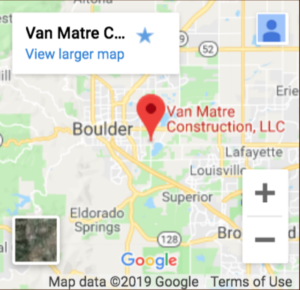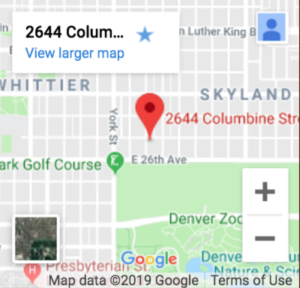Radon Awareness: What You Should Know About Colorado's Silent Killer
It’s colorless, odorless, and it’s the second leading cause of lung cancer in the United States. Radon gas presents a significant health hazard to millions of people every year and is a common issue in Denver homes. Some people have no idea their home has high levels of radon because it’s only detectable through testing. If you haven’t tested your home for radon, it’s time to schedule that right away. Once you know the radon level in your home you can decide the best next step to protect you and your family.
Radon is a naturally-occurring radioactive gas that results from the breakdown of uranium in the soil. It is always present in some amounts and tends to accumulate in the lower levels of a home, no matter the age or size of the property. And because it’s a gas, radon can move throughout the air with ease. Your home is warmer and has lower air pressure than the surrounding soil, and this allows radon to seep into your home through cracks in the foundation, openings around drains and sump pumps, spaces between walls and the foundation slab floor, and through other common areas. The best course of action is to address any foundation damage first, then install a radon mitigation system in your home.
The Environmental Protection Agency (EPA) recommends taking immediate action if your home has more than 4 picocuries per liter of radon. But even if you have less, you may still want to further mitigate the level of radon in your home. Most Denver radon professionals aim to keep levels under 1 picocurie per liter. Remember that radon is undetectable without the right equipment, so it’s impossible to guess what your radon levels are. Thankfully, testing is simple and affordable and can give you priceless information about the health of your home.
Radon doesn’t cause immediate health effects, so don’t assume you have safe levels if you still feel okay. It’s always a great idea to schedule radon testing for your Denver home, even if it’s a newer home or you’ve had levels under the guideline limits in the past. Radon levels can change as your foundation experiences more wear and tear.
Here at Van Matre Construction, we offer radon testing and mitigation in Denver. Reach out to schedule your assessment today.













